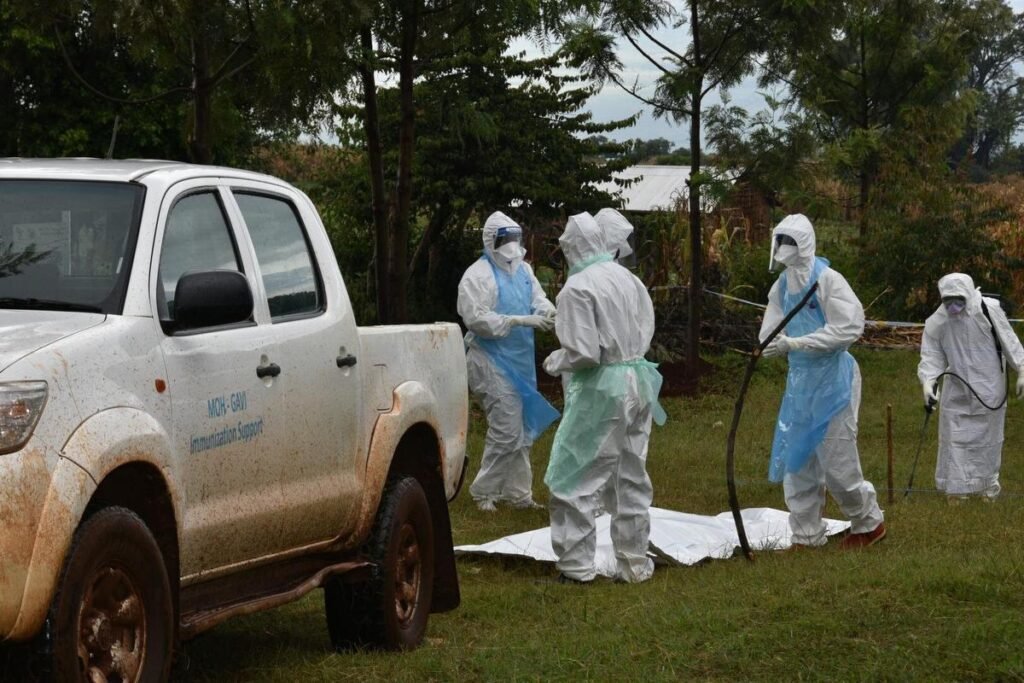THE World Health Organization (WHO) has raised concerns over a suspected outbreak of Marburg Virus Disease (MVD) in Tanzania, particularly in the Kagera region.
The outbreak, which has claimed eight lives out of nine suspected cases, is causing significant worry due to its high fatality rate and the region’s strategic location as a transit hub.
On 10 January 2025, WHO received credible reports of suspected MVD cases in Kagera. Initial reports revealed that six people were affected, and five had already died. The patients exhibited symptoms such as severe headaches, high fever, back pain, diarrhoea, vomiting blood, extreme weakness, and, in advanced stages, bleeding from bodily openings.
By 11 January, the number of suspected cases rose to nine, with eight deaths recorded, marking a fatality rate of 89%. The cases were identified in two districts—Biharamulo and Muleba.
Samples have been collected from patients and are undergoing confirmation at the National Public Health Laboratory.
Meanwhile, health authorities are closely monitoring individuals who may have had contact with the infected, including healthcare workers.
WHO has deployed national rapid response teams to investigate and manage the outbreak. Surveillance has been intensified, and contact tracing is ongoing.
A mobile laboratory has been set up in Kagera to support testing, and treatment centres have been established to care for patients.
WHO Regional Director for Africa, Dr Matshidiso Moeti, emphasised the need for swift action. “The high fatality rate and suspected spread across districts make this a serious public health challenge. We are working closely with Tanzanian authorities to control the situation,” she said.
This is not the first time Kagera has faced an MVD outbreak. In March 2023, the region reported an outbreak that lasted nearly two months, resulting in nine cases and six deaths. The area is known to harbour fruit bats, which are natural carriers of the virus.
The Kagera region’s location near the borders with Rwanda, Uganda, Burundi, and the Democratic Republic of Congo raises concerns about the virus spreading to neighbouring countries. Some suspected cases have been reported near international borders, although there is no confirmed international spread yet.
WHO stated: “The risk at the national level is high due to the outbreak’s severity, the unknown source, and the delayed detection of cases. Regionally, the risk is also high given the significant cross-border movement in Kagera. Globally, the risk remains low for now.”
WHO has advised the public to take precautions to avoid exposure to the virus, such as practising good hygiene and avoiding contact with infected individuals or contaminated surfaces.
The organisation also stressed the importance of public awareness. “Engaging with communities and raising awareness about the disease is crucial to controlling the outbreak,” it said.
Despite the situation, WHO has not recommended any travel or trade restrictions with Tanzania.
As investigations continue, authorities urge the public to stay alert and report any suspected cases promptly.







